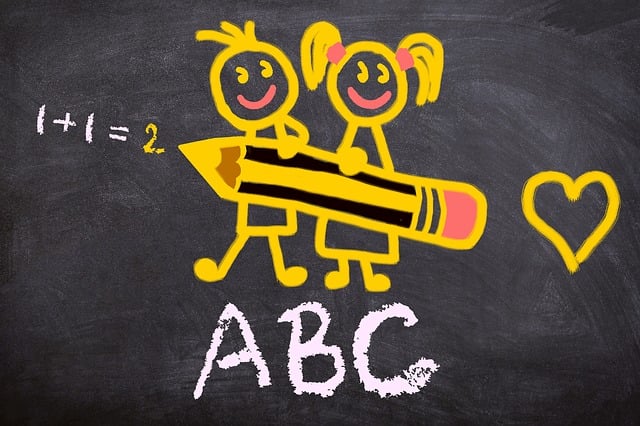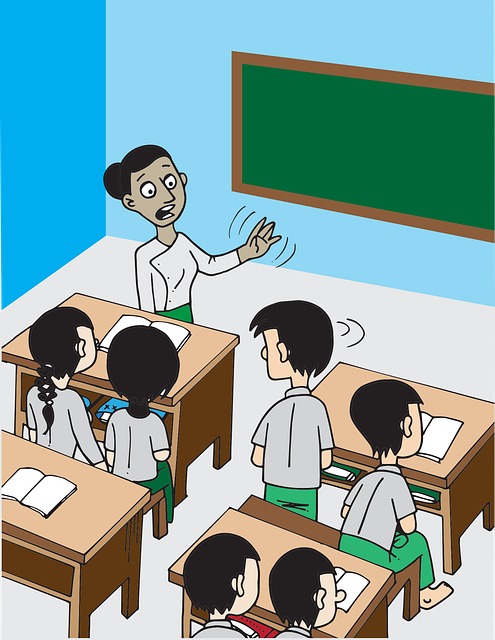Families affected by allegations of abuse at Agape Boarding School face complex legal and emotional challenges. An Agape boarding school lawyer is essential for navigating this landscape, providing guidance on rights, filing claims, and building cases to secure justice and compensation for survivors and their families. These legal experts demystify procedures, advocate for rights, and support clients throughout the process, ensuring their voices are heard and they receive fair redress.
“Seeking justice for families affected by Agape boarding school cases is a complex yet vital process. This article delves into the personal journeys of families navigating legal complexities, offering a unique perspective on the challenges and triumphs. We explore the significance of legal representation for victims, where an Agape boarding school lawyer becomes an advocate for truth and accountability. By examining successful strategies for compensation, we aim to highlight paths toward healing and ensuring justice is served.”
- Understanding Agape Boarding School Cases: A Family's Perspective
- The Role of Legal Representation in Seeking Justice
- Strategies for Compensating Victims and Ensuring Accountability
Understanding Agape Boarding School Cases: A Family's Perspective

Many families find themselves in a complex and emotionally charged situation when dealing with Agape boarding school cases. These legal battles often arise from allegations of abuse, neglect, or mistreatment within the Agape Boarding School environment. From a family’s perspective, understanding the nature of these cases is crucial for seeking justice. An Agape boarding school lawyer can provide invaluable support, guiding families through the legal process and advocating for their rights.
Families affected by such cases often face a myriad of challenges, including emotional trauma, financial strain, and a complex web of legal procedures. They may struggle to comprehend the legal jargon and regulations surrounding these matters. An Agape boarding school lawyer plays a pivotal role in demystifying this process, ensuring families are well-informed about their options and rights. This support is essential for navigating the complexities of legal representation and achieving a favorable outcome.
The Role of Legal Representation in Seeking Justice

Seeking justice for families affected by abusive institutions, such as Agape Boarding School, is a complex process that requires skilled legal representation. An Agape boarding school lawyer plays a pivotal role in navigating the intricate legal landscape, ensuring victims and their loved ones receive the support and compensation they deserve. These attorneys specialize in understanding the unique challenges faced by survivors of institutional abuse, including emotional trauma, financial hardships, and the struggle for recognition.
Legal representation provides crucial guidance, offering an in-depth knowledge of relevant laws and regulations. They help families interpret their rights, file legal claims, and present compelling cases to hold accountable those responsible for the harm inflicted. Through diligent research, expert witness selection, and strategic case management, an Agape boarding school lawyer fosters a just outcome, ensuring the voices of survivors are heard and their stories are given the weight they deserve in the pursuit of justice.
Strategies for Compensating Victims and Ensuring Accountability

When seeking justice for families impacted by Agape boarding school cases, compensating victims effectively and ensuring accountability are paramount. An Agape boarding school lawyer can play a crucial role in developing strategies to achieve both goals. These strategies may involve detailed documentation of emotional distress, medical expenses, and lost opportunities resulting from the harmful experiences at the school.
Compensation should aim to provide affected individuals with the resources needed for healing and rebuilding their lives. It’s also essential to hold accountable those responsible for the harm—whether individuals or institutions—through legal processes like lawsuits or administrative proceedings. This ensures that justice is served, and victims receive recognition and redress for their suffering.
